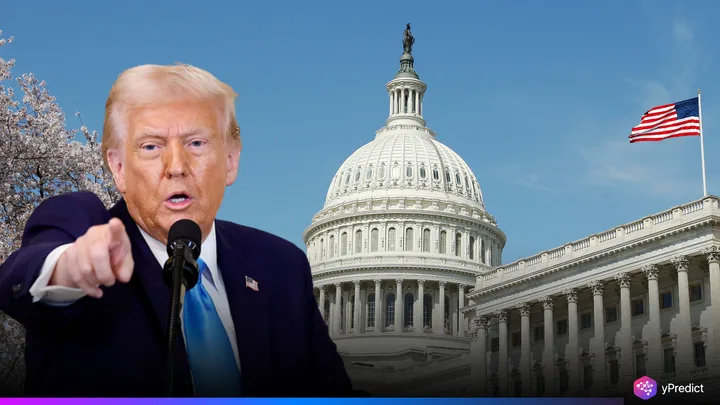
The “Big Beautiful Bill” is back in headlines, this time over a stealth AI clause sparking national debate. The bill includes a 10-year freeze on state-level AI regulation, sparking concern among civil rights groups, child safety advocates, and even conservative lawmakers. Introduced by the Senate Commerce Committee, the provision bars states from enforcing AI-related laws if they want access to new federal AI investments.
Opposition has grown quickly. A letter signed by 260 state legislators and another by 40 attorneys general condemned the move. Critics warn it could strip states of their ability to respond to real-world harms caused by fast-moving AI tools like deepfakes and decision-making algorithms.
States Push Back on AI Clause in Senate Bill
The AI clause emerged quietly in the Senate’s omnibus tax and spending bill. Backed by Senator Ted Cruz and key Republicans, it proposes a decade-long ban on any state law regulating AI systems. That includes laws targeting AI-generated deepfakes, voice mimicking, and nonconsensual content.
Supporters argue this move would prevent a confusing patchwork of laws. OpenAI, Google, and Microsoft say unified rules are key to staying competitive with China. “We cannot afford 50 different rules for AI,” Microsoft’s Fred Humphries said. But groups like the Brennan Center and the AI Now Institute disagree.
“They’re saying we need to wait 10 years before protecting people from AI abuses,” said Sarah Meyers West of AI Now. A Pew study this year showed most Americans are more concerned about AI risks than excited about its benefits. Despite little federal regulation to date, states have stepped in with their own laws, and now feel silenced.
Broad Opposition and Real-World Harms
The backlash to the moratorium is unusually bipartisan. Senators Marsha Blackburn and Josh Hawley, both Republicans, have criticized the move, calling it reckless. Representative Marjorie Taylor Greene admitted she hadn’t realized the bill blocked state action on AI. Critics warn that the moratorium could halt enforcement of 149 existing state laws.
These include protections against AI-generated sexual abuse content and algorithmic discrimination in hiring and housing. Haley McNamara of the National Center on Sexual Exploitation said AI is already being used to exploit minors. “This provision is extremely reckless,” she said. Civil rights groups, including the ACLU and NAACP, argue the measure would gut protections for marginalized communities.
Consumer advocates say it could weaken privacy rights and block legal recourse against harmful AI use. Even business-friendly state attorneys general are pushing back. In a joint letter, they called the moratorium “sweeping” and “wholly destructive.” As Congress struggles to regulate AI federally, many see state laws as the only current defense.
AI’s Crossroads: Speed vs. Safety in U.S. Policy
The AI moratorium debate exposes a deeper divide over how America will handle emerging technologies. While tech giants push for national standards, many fear that a one-size-fits-all approach leaves people vulnerable. The provision comes at a time when AI is moving faster than lawmakers can respond. Without clear guardrails, AI systems have already caused harm, from deepfake election ads to the spread of exploitative images.
For now, the bill’s fate remains uncertain, but the opposition has made one point clear: regulation must balance innovation with accountability. As AI grows more powerful, states want to retain their role as first responders to harm. The next decade will test whether the U.S. can govern AI with both speed and care, or if it chooses to wait.






